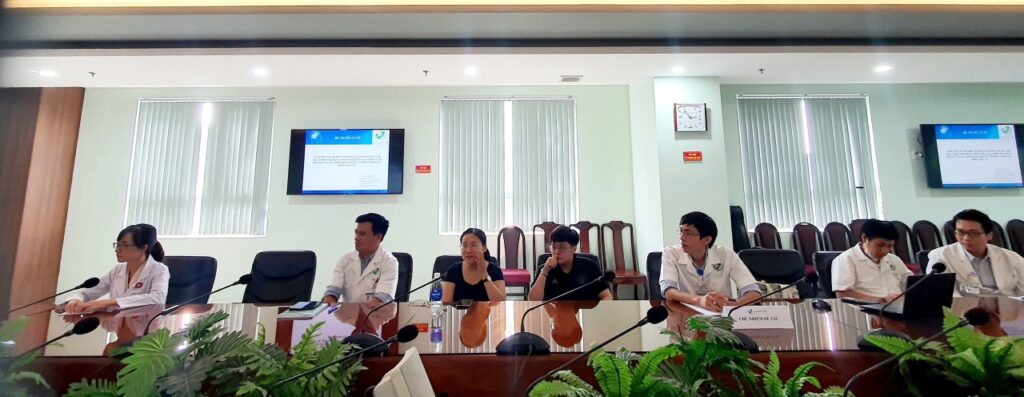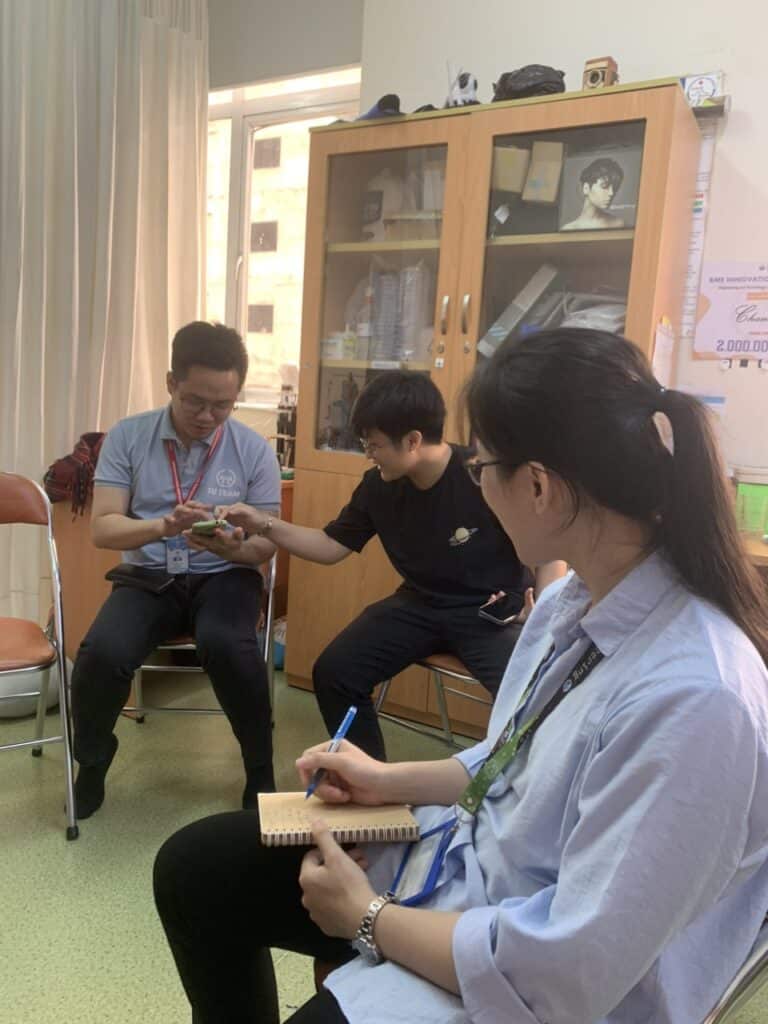SOCIAL INNOVATION
Our project focuses on improving the lives of disadvantaged communities, particularly those suffering from Mild Cognitive Impairment (MCI) in various regions. Patients with MCI are likely to progress to dementia (Alzheimer’s Disease), which greatly affects their quality of life in multiple domains, including cognitive, behavioral, and functional domains, and that is why we focus on this group.
Social challenge: The prevalence of MCI (Mild Cognitive Impairment) in individuals over 60 is very high, with rates reaching up to 33% in Vietnam (with 62% of patients concentrated in rural areas) and up to 70% in some parts of the world. Among them, the number of female patients with MCI is twice as high as that of male patients. Until now, there is no specific method to completely treat Alzheimer’s Disease, so the best approach is to intervene during the pre-Alzheimer’s disease stage – the stage of cognitive decline (MCI) because it is a golden period for intervention. Without timely measures, MCI patients may miss an important intervention period and quickly progress to Alzheimer’s. However, there are not many intervention methods available that directly target MCI patients, which creates barriers to both access and cost for those seeking treatment. Therefore, it is urgent and necessary to develop a cheap, convenient, and MCI-targeted intervention method, given the increasing number of MCI patients. As Biomedical Engineering students, we feel that we must contribute our values to improving public health.
Solution idea: Patients with MCI are likely to progress to dementia (Alzheimer’s), which greatly affects their quality of life in multiple domains, including cognitive, behavioral, and functional domains, and that is why we focus on this group. By developing games that focus on four cognitive abilities: memory, attention, language, and math, our Braintrain application Aim directly to MCI patients, help them improve their cognition at a reasonable cost. They can remember daily events better, reduce the inconvenience caused by MCI, especially language, attention, and math-related issues. With the widespread use of smartphones, our solution can reach MCI patients everywhere, providing affordable and accessible support for those who need it.
Performance proof:
– MOU IU – 175 hospital: BẢN GHI NHỚ TRƯỜNG ĐHQT_ĐHQG TPHCM
– Sponsor:

– Hội đồng y đức tại bệnh viên 175: 
– Thành viên nhóm nghiên cứu đang làm việc với nhóm IT: 

References:
NGƯỜI CAO TUỔI VIỆT NAM: Phân tích từ Điều tra Biến động dân số và Kế hoạch hóa gia đình năm 2021 (2021) Vietnam.unfpa.org. NXB Thanh Niên. Available at: https://vietnam.unfpa.org/sites/default/files/pub-pdf/nguoi_cao_tuoi_vn_report_18.3.pdf (Accessed: May 1, 2023).
Tran To Tran Nguyen. (2019). Dementia Prevalence Among Older Hospitalized Patients in Vietnam and Dementia Understanding of Their Caregivers. Aging Medicine and Healthcare | Current Issue. https://www.agingmedhealthc.com/wp-content/uploads/2019/12/v10i4-3_jcgg-2019-0003.pdf
Farias, S.T., et al., MCI is associated with deficits in everyday functioning. Alzheimer disease and associated disorders, 2006. 20: p. 217.

